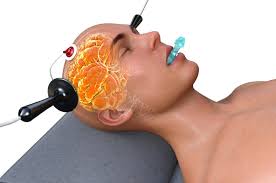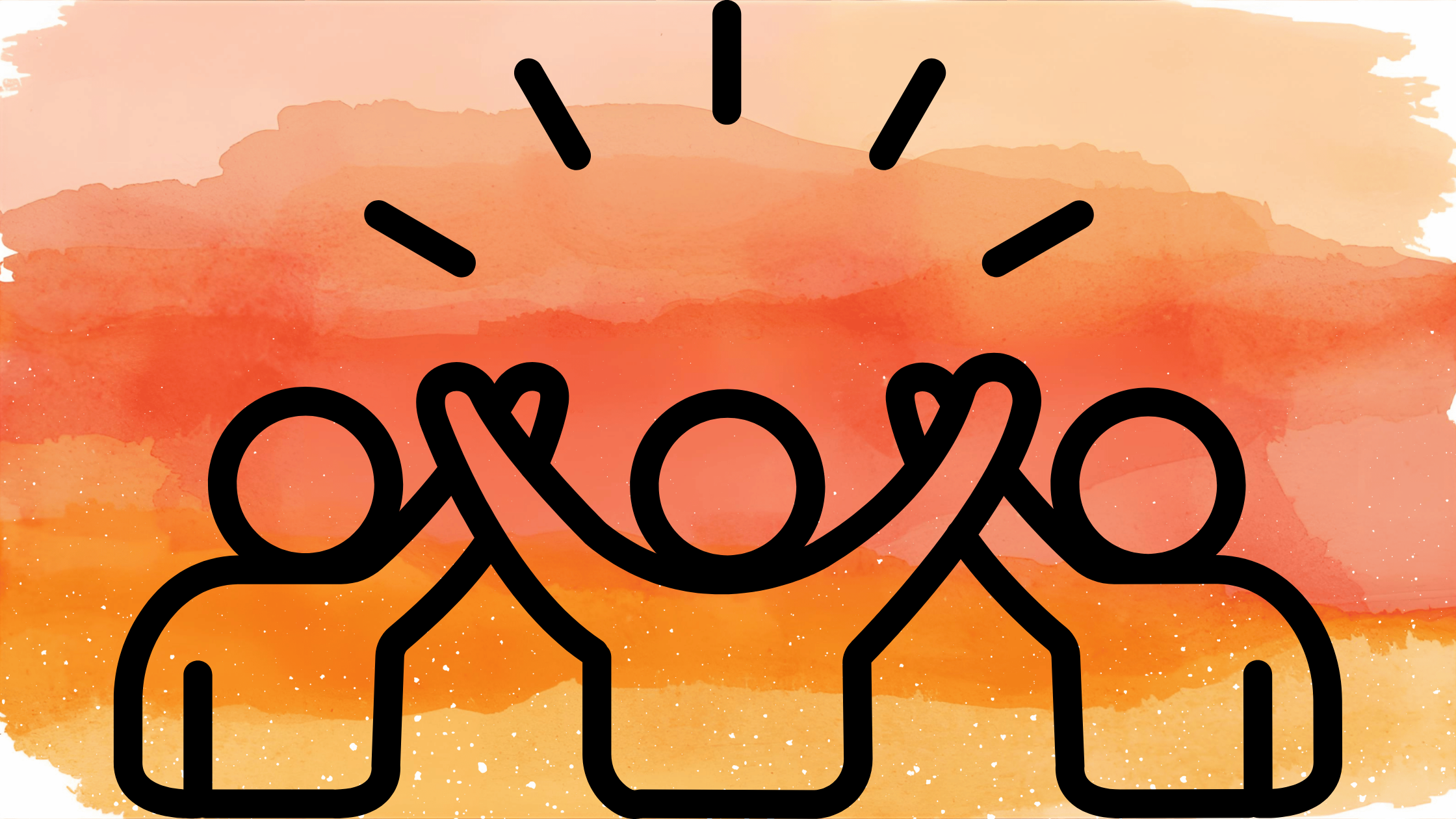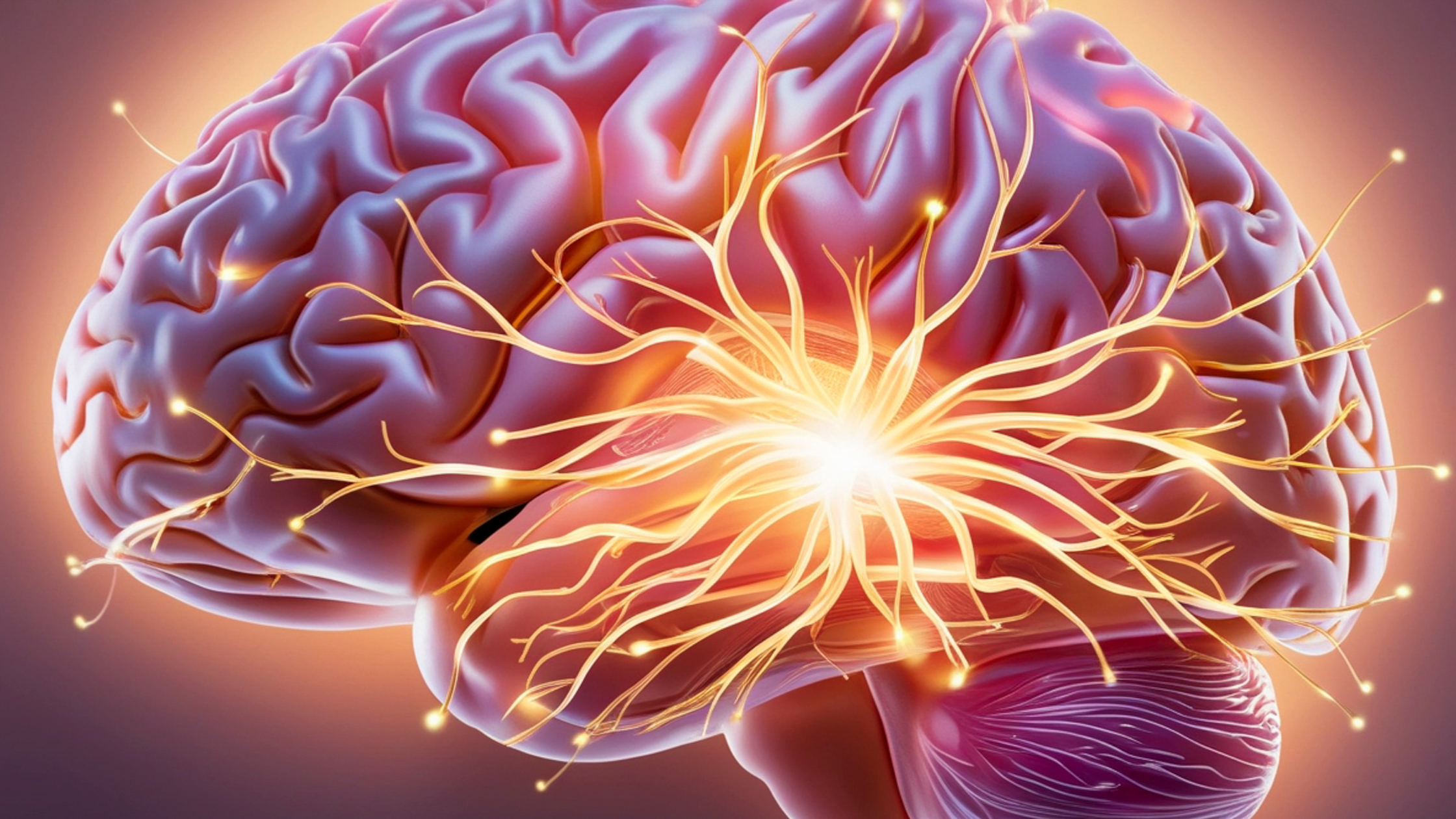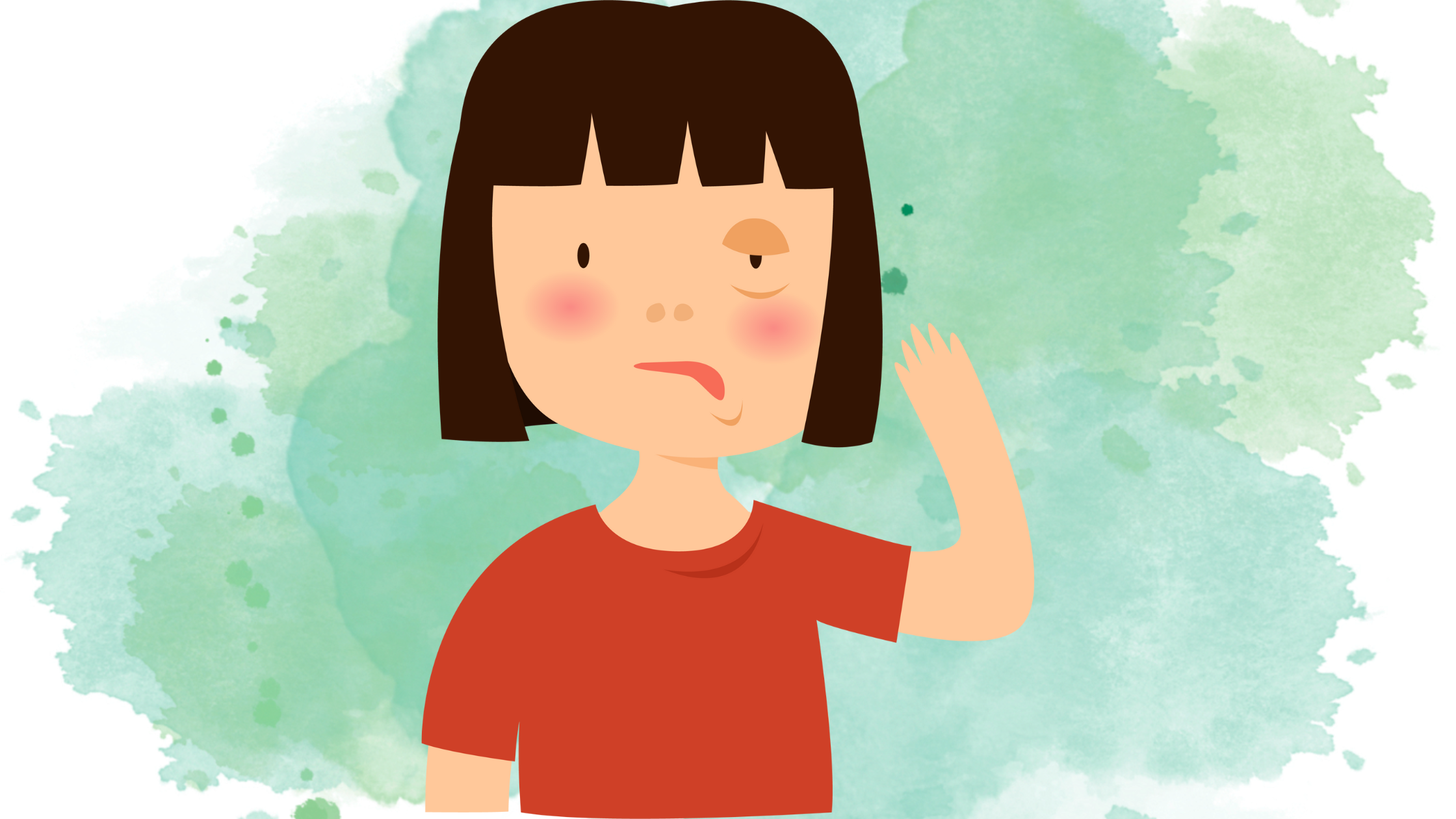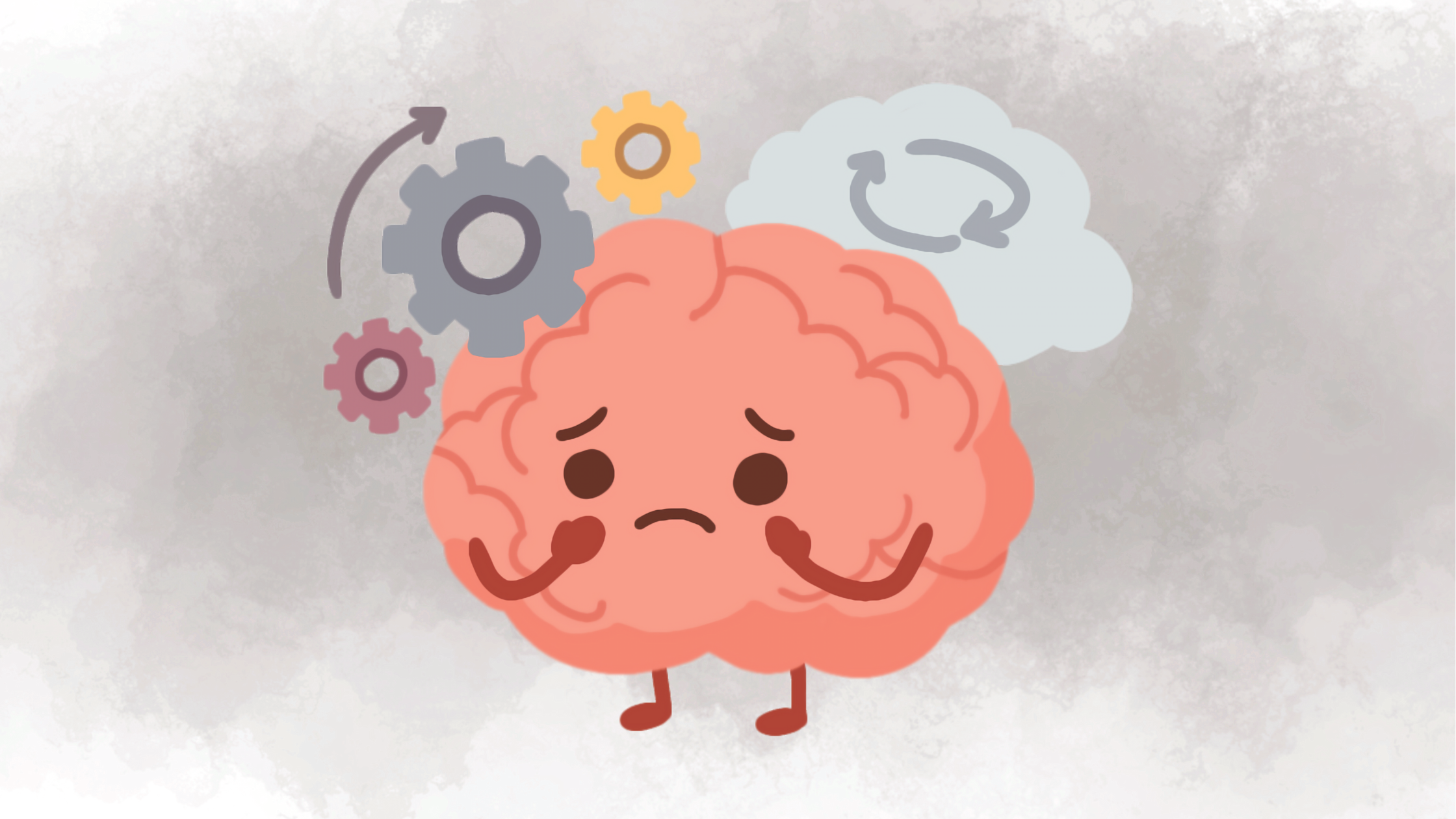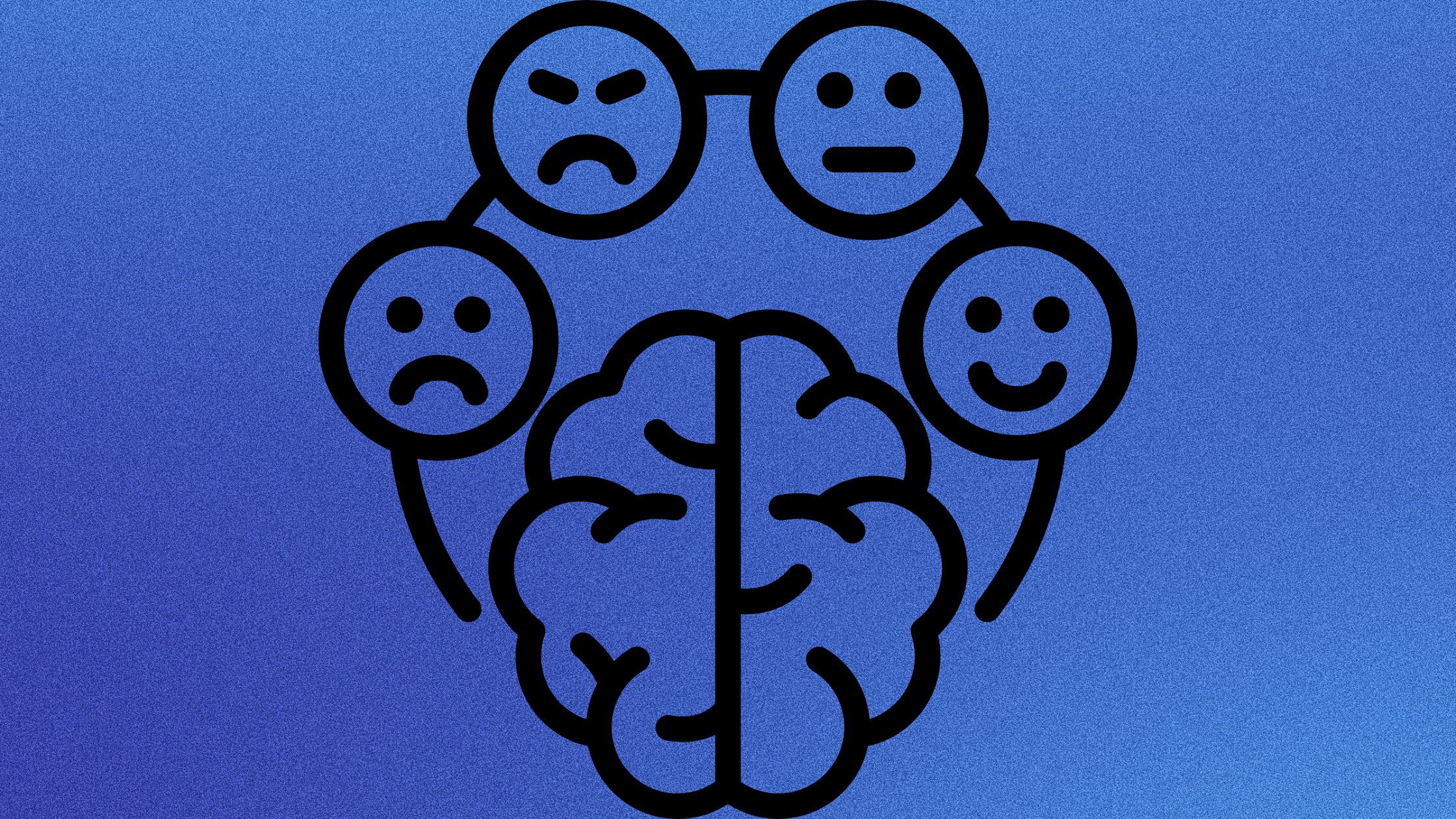Depression and sleep are tightly intertwined. For many people with major depressive disorder, sleep disturbances are not just symptoms—they are core features of the illness.
Electroconvulsive therapy (ECT), one of the most effective treatments for severe depression, also has profound effects on sleep. Understanding this relationship helps explain both how ECT works and why sleep may be a key part of recovery.

